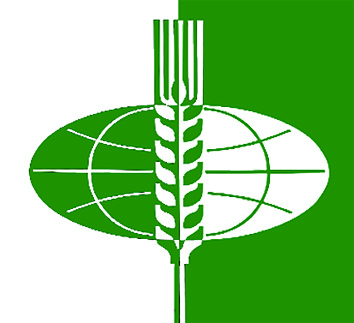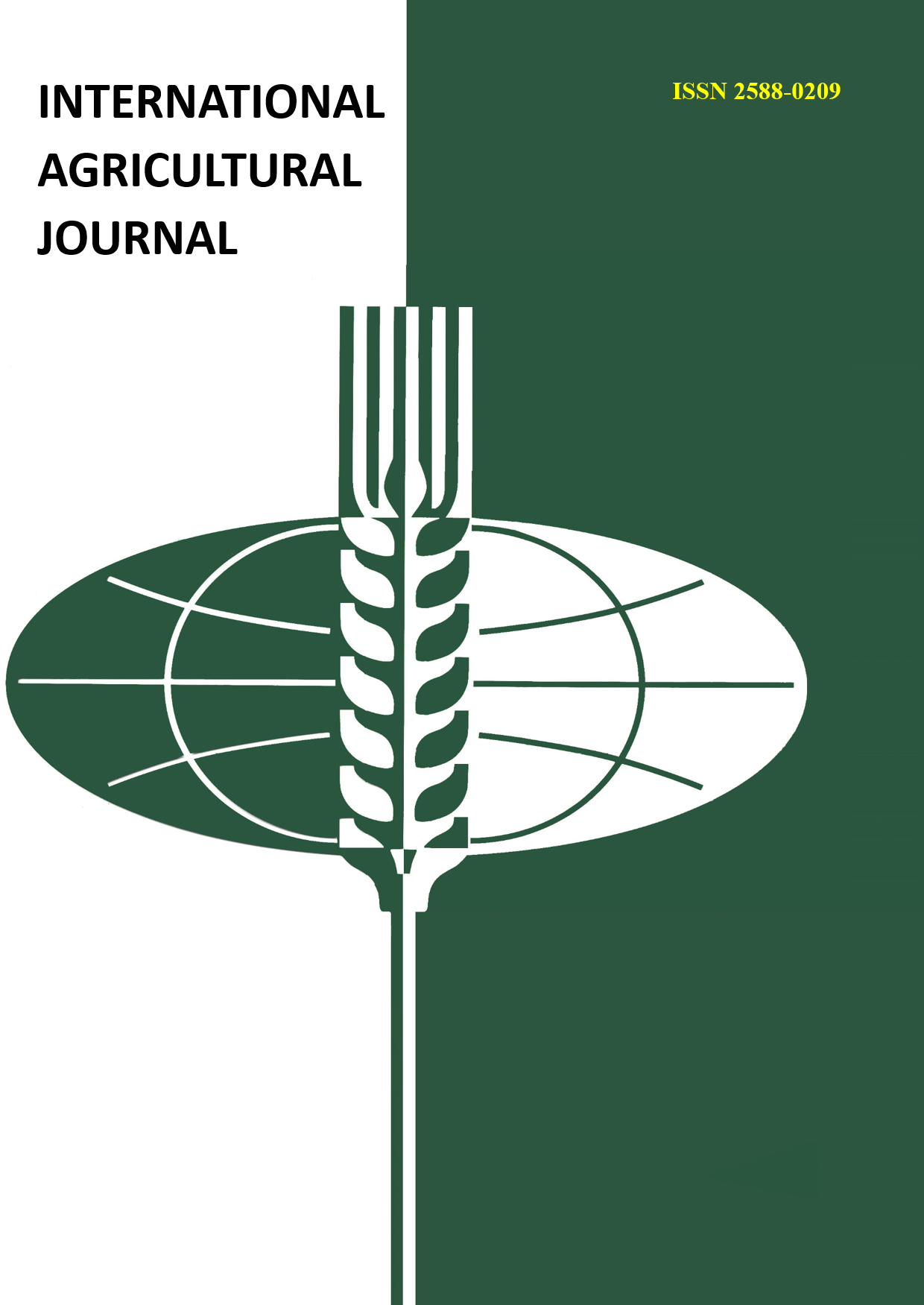Russian Federation
Russian Federation
The article analyses regional policy in the field of rural development sustainability on the example of one of the largest regions of the Siberian Federal District - the Novosibirsk Oblast. The hypothesis of the need to develop a comprehensive, universal solution that allows to form a set of practices of change management in rural areas, which involves a whole list of stakeholders, is confirmed. These are not only the local population and entrepreneurs, but also representatives of government authorities, as well as development institutions, large vertically integrated organisations, local community, and the non-profit sector that are rapidly penetrating into all processes. The proposed solutions in terms of revising the composition of target indicators and measures of the regional state programme "Integrated development of rural areas", introducing the practice of developing equalizing development programmes, integrating backbone enterprises of the agro-industrial complex in the provision of integrated development of rural areas relate to the improvement of certain areas of managerial program-targeted impact on the development of rural areas.
regional'naya politika, ustoychivoe razvitie, sel'skie territorii, razvitie sel'skih territoriy, upravlenie, gosudarstvennaya programma, programmnyy podhod, programmno-celevoe upravlenie, upravlenie razvitiem sel'skih territoriy














